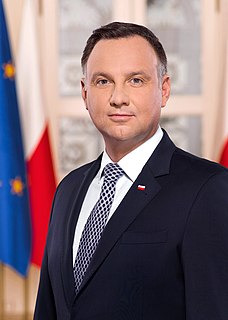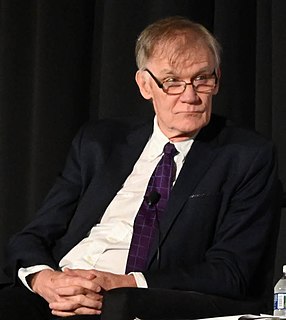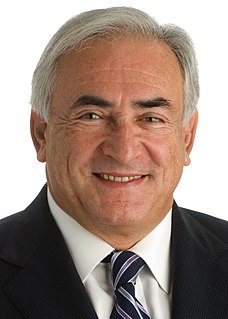A Quote by Paul Craig Roberts
We need a memorial day to commemorate the victims of neoliberal globalization.
Quote Topics
Related Quotes
I think that the movement against the World Bank, against the globalization process that is happening, is very positive. We need a globalization, a globalization of people who are committed to social justice, to economic justice. We need a globalization of people who are committed to saving this earth, to making sure that the water is drinkable, that the air is breathable.
The 1 to 2 billion poorest in the world, who don't have food for the day, suffer from the worst disease: globalization deficiency. The way globalization is occurring could be much better, but the worst thing is not being part of it. For those people, we need to support good civil societies and governments.
This was the first Memorial Day [Monday, May 1st, 1865]. African Americans invented Memorial Day in Charleston, South Carolina. What you have there is Black Americans recently freed from slavery announcing to the world with their flowers, their feet, and their songs what the war had been about. What they basically were creating was the Independence Day of a Second American Revolution.
As individuals die every moment, how insensitive and fabricated a love it is to set aside a day from selfish routine in prideful, patriotic commemoration of tragedy. Just as God is provoked by those who tithe simply because they feel that they must tithe, I am provoked by those who commemorate simply because they feel that they must commemorate.
If there are no victims in the U.S, then there no need to redistribute wealth. Right? So that needs to be repealed. If there are no victims, there's no need to confer legal status on 1.2 million illegal immigrants. If there are no victims, then the entire justification for liberalism ceases to exist. This is how far Barack Obama is willing to go. Nobody else but me is gonna think of this, but he's undercutting his own philosophical beliefs in order to put words in Mitt Romney's mouth.




































